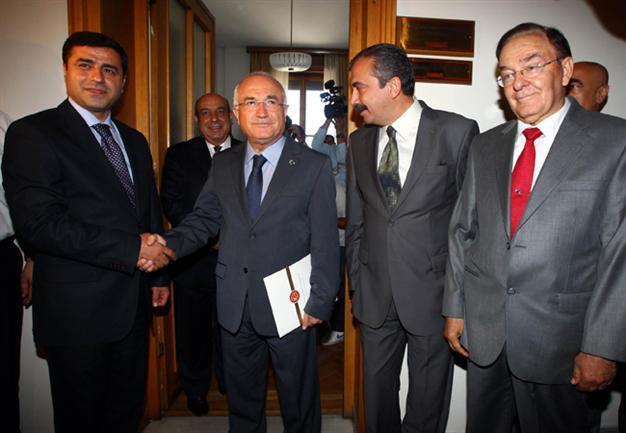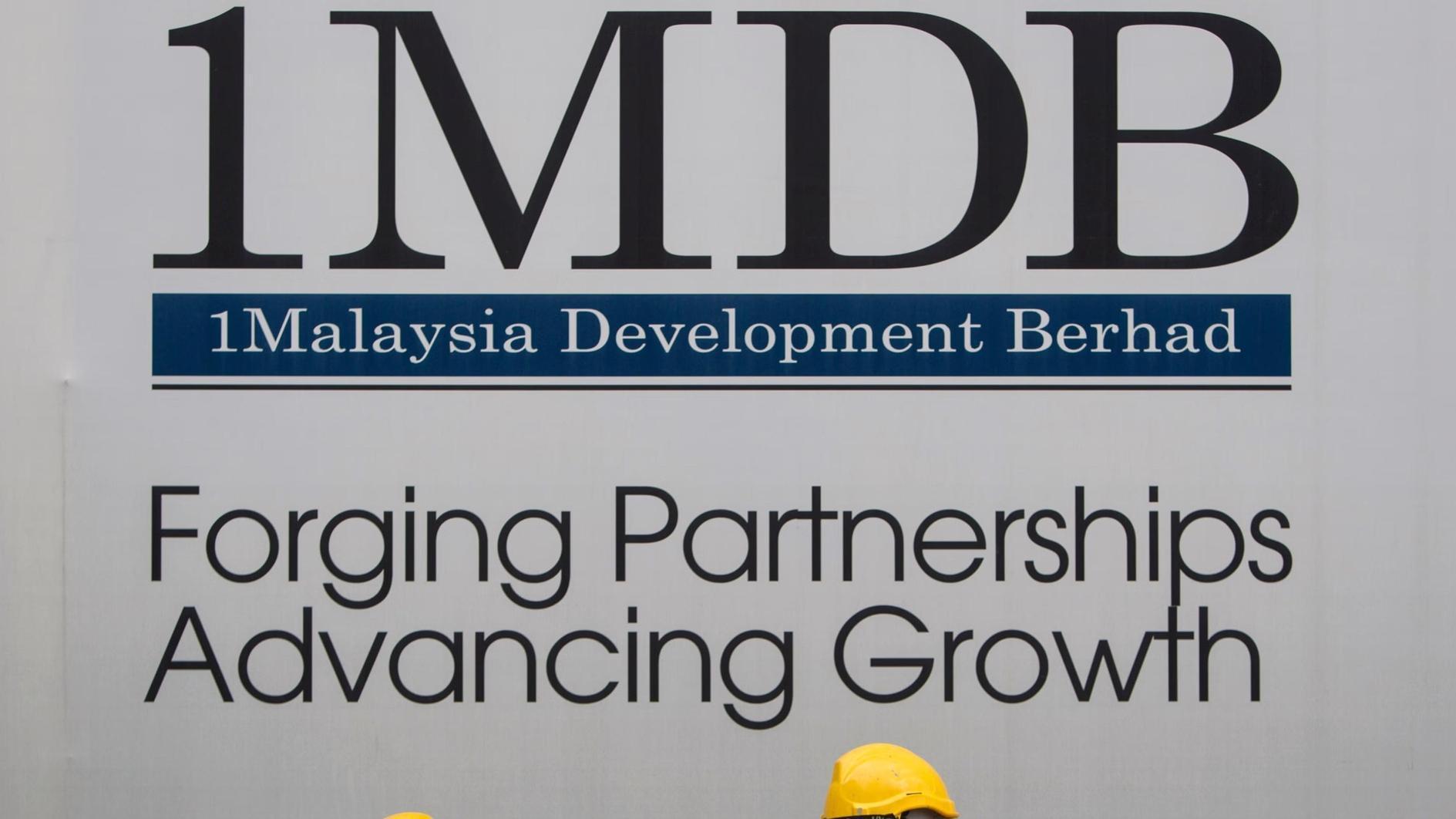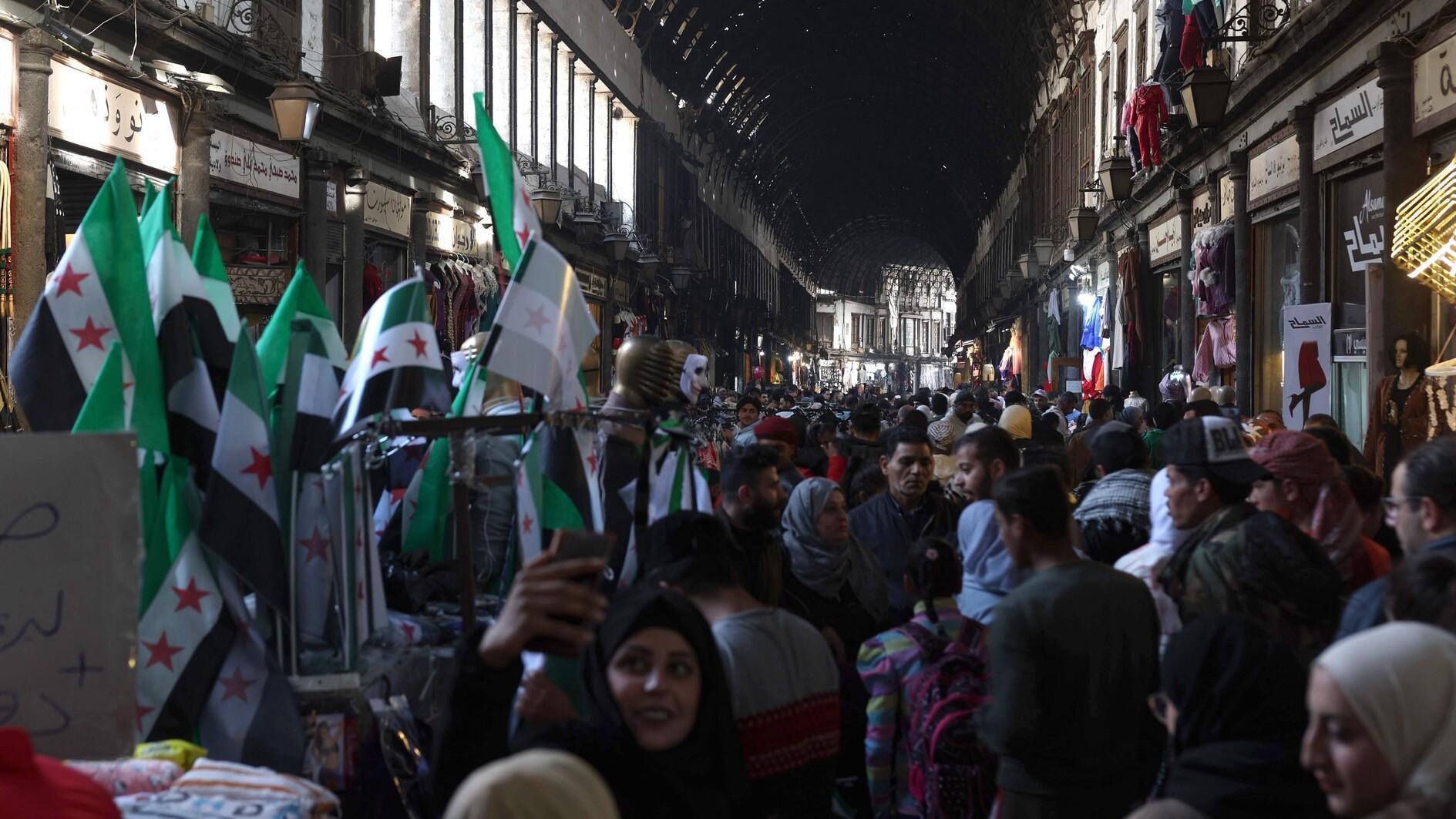Toward an AKP-MHP Constitution?
ANKARA - Hürriyet Daily News

This file photo shows Parliament Speaker Cemil Çiçek (2nd R) visiting the BDP leader Selahattin Demirtaş (L) in his office. AA photo
The ruling Justice and Development Party (AKP) has cut all political contact with the representatives of the pro-Kurdish Peace and Democracy Party (BDP), except for those in the Parliamentary Constitution Conciliation Commission. The stated reason is because the BDP is acting as an “indispensable part” of the outlawed Kurdistan Workers’ Party (PKK), but how will this development affect the future of the commission formed to write the new constitution?As long as the BDP does not withdraw its participation, the commission will continue with four parties: the AKP, the Republican People’s Party (CHP), the Nationalist Movement Party (MHP), and the BDP. However, it seems that it is becoming increasingly difficult for these four parties to produce a joint text for the constitution.
At this point, the bilateral and trilateral alliances that Prime Minister Recep Tayyip Erdoðan previously mentioned come to mind. As a matter of fact, there were traces of this in the speech Erdoðan delivered to AKP deputies last week. While Erdoðan was explaining that they had agreed with the MHP on moving the local elections to an earlier date, he also said: “For the changes in the constitution, the combined number of us and the MHP is enough.”
I wonder if Erdoðan was also giving a hint as to a possible alliance in the future with these words. The AKP has 326 seats and the MHP has 51 seats in the Parliament, adding up to 377. For the constitutional changes to be approved without a referendum, a total of 367 is adequate.
Erdoðan’s words were interpreted by the “nationalist-conservative” wing within the AKP as meaning: “a new constitution can be written together with the MHP.” On the contrary, for the Kurdish-origin deputies in the AKP - whose number exceeds 50 - these words created discomfort. A large proportion of this group wants a “liberal” constitution with contributions from the CHP and the BDP. This, they think, would be most effectively able to contribute to a solution to the Kurdish issue, rather than a “nationalist constitution” prepared with the MHP.
Despite this, the convergence between the AKP and the MHP that has emerged recently strengthens the possibility of a “nationalist new constitution.” Especially in the wake of the escalation of terror and the deadlock in the solution to the Kurdish issue, the highlighting of hawkish policies effectively makes the two parties partners. The closer the AKP gets to the MHP, the farther it gets from the CHP and the BDP.
In the Constitution Conciliation Commission, the AKP and the MHP have adopted and developed joint stances from the beginning. Apart from the MHP’s sensitivity on the concept of “Turkishness and secularism,” the two parties contradicted each other on very few topics. As a matter of fact, while the CHP and BDP members of the commission were discussing freedoms, they often complained about the joint “nationalist-conservative” stance of the AKP and the MHP. The AKP and the MHP particularly adopted the same approach when dealing with the BDP’s suggestions.
This convergence was made official last week when the AKP and the MHP signed the proposal on rescheduling local elections. The second concrete step in the AKP-MHP convergence will probably be demonstrated after the opening of Parliament, on the subject of the lifting of BDP deputies’ political immunity. Could the next step be the new constitution?
For the AKP to make a deal with the MHP and to write a new constitution would be much easier than to strike a deal with the CHP or the BDP. This is especially the case in an environment where violence is escalating and local and presidential elections are approaching.
It is impossible for MHP leader Devlet Bahçeli to accept the presidential system and to say “yes” to certain AKP demands. However, it is also unavoidable for the MHP to force the AKP to make certain concessions in order to write a new constitution with “nationalist sensitivity” in mind.
Also, it should not be forgotten how Bahçeli has previously supported Interior Minister İdris Naim Şahin when he made a number of nationalist proclamations.
It should also be remembered that Erdoğan has recently been deliberately placing the CHP and the BDP on the same target board, and has been avoiding harsh polemics with the MHP.
Political immunity may break the CHP
At the Parliamentary Joint Commission, there are currently 757 files on political immunity. Of these, 579 belong to Peace and Democracy Party (BDP) deputies. Soon the files of Gültan Kışanak, who is accused of hugging members of the outlawed Kurdistan Workers’ Party (PKK), as well as those of Aysel Tuğluk, Ertuğrul Kürkçü, Sebahat Tuncel, Esat Canan, Adil Kurt, Nazmi Gür, Halil Aksoy and Hüsamettin Zenderlioğlu will arrive. If the Justice and Democracy Party (AKP) doesn’t change its stance at the last minute, the parliamentary immunity of the nine deputies will be lifted, with the support of the Nationalist Movement Party (MHP). In a possible vote at the general assembly, a large portion of the Republican People’s Party (CHP) will also vote “yes.” However, there are different views within the CHP. Those members having human rights backgrounds, such as Sezgin Tanrıkulu, Hüseyin Aygün, Veli Ağababa and Atilla Kart, will probably vote “no.” This may make them the target of reactions from the nationalist wing of the Parliament. It is apparent that the possible voting on political immunity will inevitably cause cracks in the CHP as well.
Two options for BDP lawmakers
The Peace and Democracy Party (BDP) has decided on a number of possible courses of action in the event that their political immunities are revoked. The first and the most radical one is to withdraw from Parliament and go back to the “bosom of the nation.” The second is to stay in Parliament and lock the sessions by staging a sitting protest, obstructing proceedings in the general assembly.
There is also the option of withdrawing from the Parliamentary Constitution Conciliation Commission. The BDP will adopt one of these options, depending on the government’s stance. According to my observations, even though the hawks are pressing for a total withdrawal, for the moment the option of staging resistance in Parliament seems to be winning.











